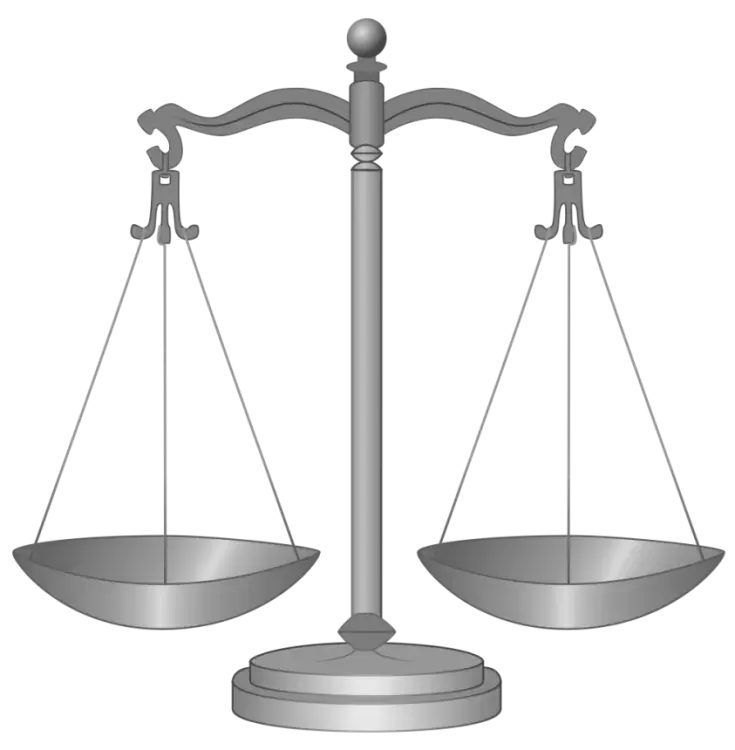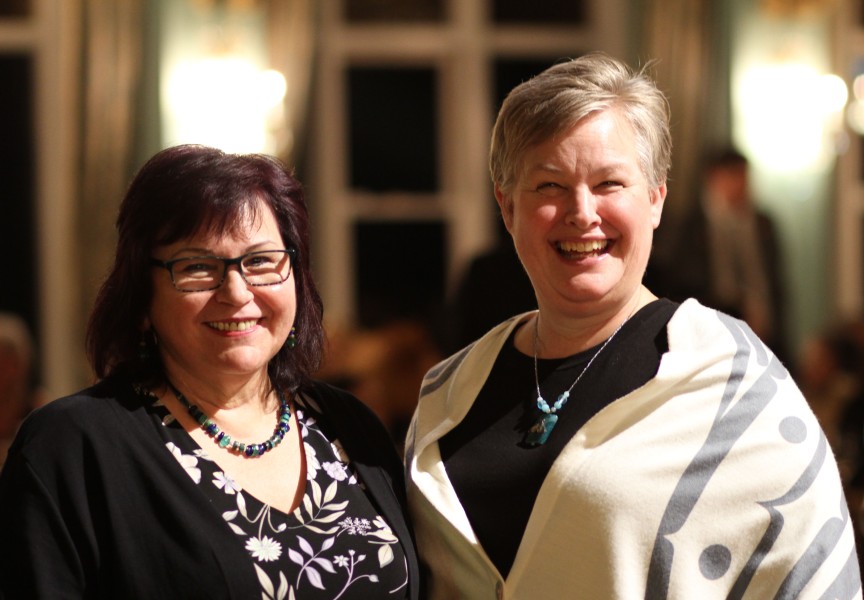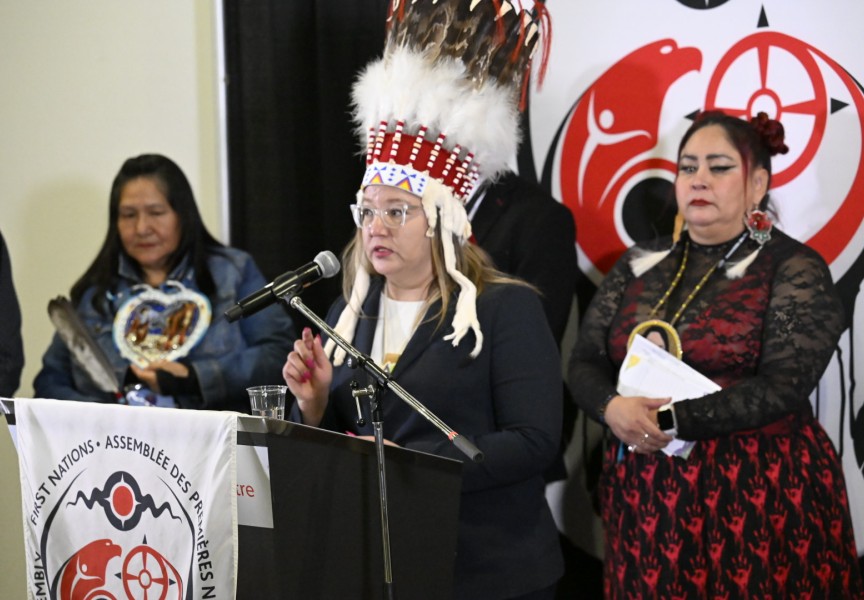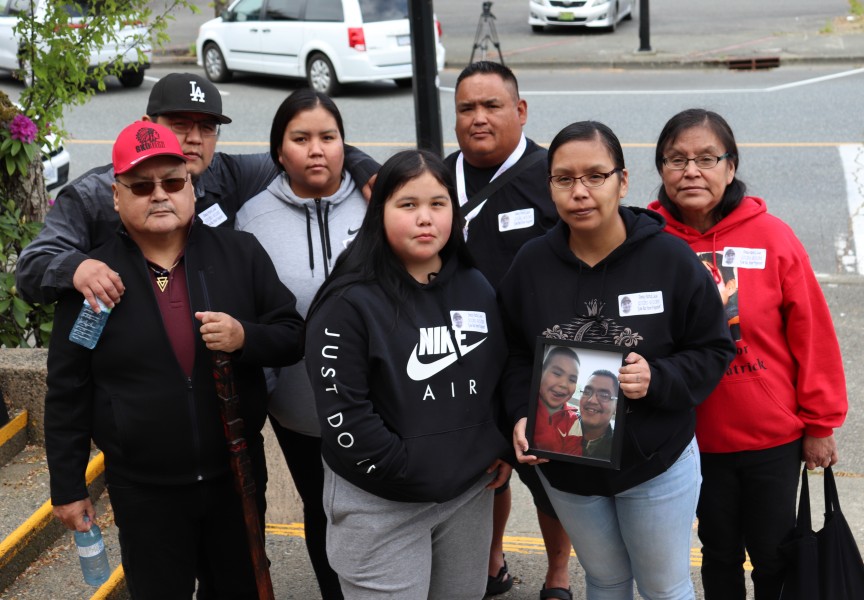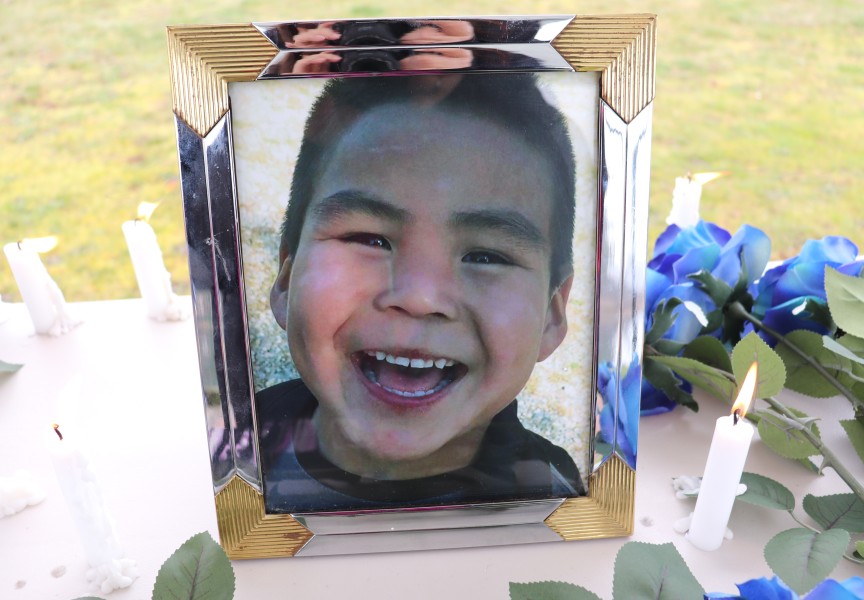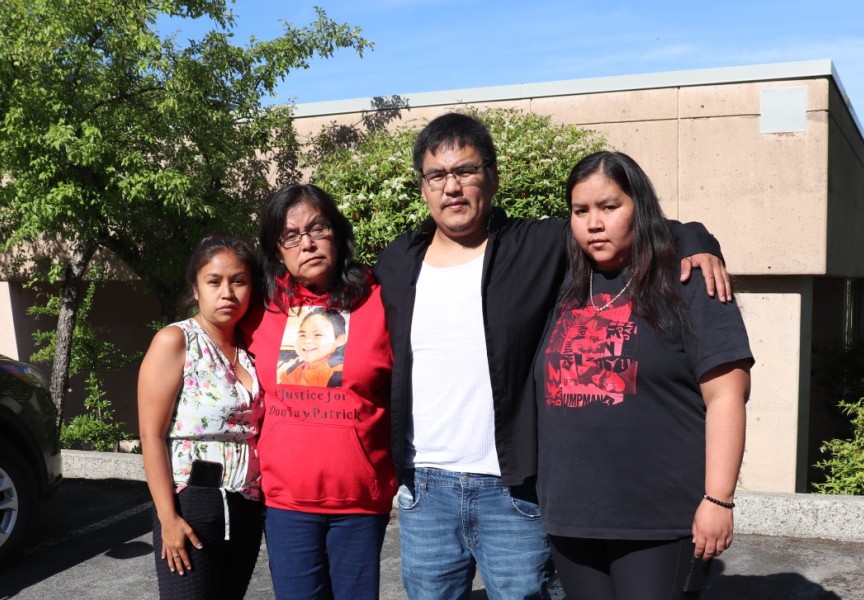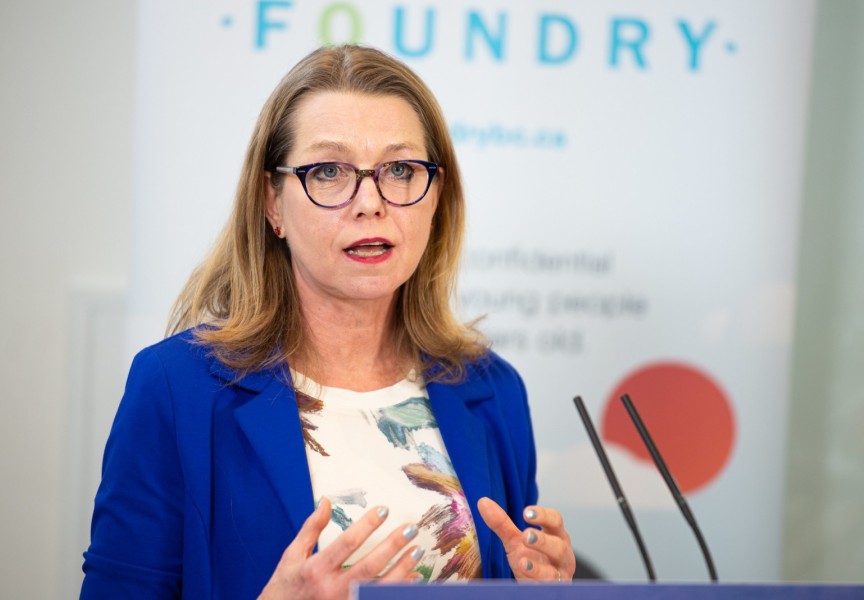The B.C. Supreme Court has ruled in favour of a Huu-ay-aht mother who is fighting for time with her newborn after the baby was taken into foster care just three days after birth.
On Tuesday (Feb. 20) Madam Justice Murray delivered her judgement in a Vancouver courtroom, allowing the 20-year-old Port Alberni mother, whose identity is protected by a publication ban, a minimum of six hours a day with the infant. Since the baby was taken in mid-January B.C.’s Ministry of Children and Family Development has limited this time to two hours a day for four days a week and three hours on the fifth day.
“She is not allowed to see her baby on weekends as the ministry does not have staff to accommodate visitation,” noted Murray in her judgement. “Timely relief is vital as the ability of L.S. (the mother) to breastfeed V.S. (the infant) is suffering irreparable harm, increasing each day L.S. is unable to see her baby.”
The province’s Child, Family and Community Services Act requires authorities to explain to parents (in writing if possible) why their child is being removed. But Murray determined that this failed to happen when only “inconsistent verbal explanations” were provided.
“No reason was provided to this court as to why it was impracticable for the director to provide written reasons,” stated the judge. “L.S. was shocked when her baby was apprehended. She was unaware that removal was being contemplated. L.S. was told at the time of removal that it was because of her mother’s history with MCFD (the Ministry of Children and Family Development). She did not know what that meant.”
A form filed to Provincial Court nearly a week after the removal stated that “no other less disruptive available measure is adequate to protect the child.”
The newborn was placed under the care of the father’s mother, who lives away from the parents in Courtenay. Court details note that the infant’s parents are not welcome in this home, and the mother has been staying in a hotel to see her baby as much as possible.
Other details indicate the failure of the Ministry of Children to meet its legal requirements. The Child, Family and Community Services Act states that a court hearing must take place no later than seven days after a child is removed, but the unavailability of the ministry’s lawyers and a shortage of court time postponed this proceeding to March 23 – 66 days after the infant was removed.
Requests from the mother and the Huu-ay-aht First Nations for a resolution in Provincial Court also went unanswered. Their proposed plans to keep the family together include placing the mother and infant in a ministry-approved home, daily visits from Huu-ay-aht family support workers as well as culturally appropriate assistance provided by the First Nation and Usma, the Nuu-chah-nulth Tribal Council’s child and family services agency.
Murray’s ruling requires the ministry to “consider and respond in writing to the concerns and suggestions” sent by the mother’s legal counsel and the Huu-ay-aht First Nations.
Canada’s Indigenous Services Minister Jane Philpott has called the overrepresentation of Aboriginal children in foster care a national crisis, and called an emergency meeting in Ottawa on Jan. 26 to address the issue. Although Indigenous children comprise just eight per cent of Canadian residents under 14, they make up 52 per cent of those in care.
“Full reform of the child welfare system is needed,” said Philpott. “The focus must shift to prevention and family reconciliation, and away from apprehension.”
During that two-day meeting the federal minister also referenced the final report of the Truth and Reconciliation Commission.
“The doors are closed at the residential schools but the foster homes are still existing and our children are still being taken away,” stated the TRC report. “Canada’s child-welfare system has simply continued the assimilation that the residential school system started.”
At the provincial level of government the need to reduce the number of Aboriginal children in care has also been prioritized, according to Premier John Horgan’s mandate letter to Katrine Conroy, minister of Children and Family Development. This directive from July 2017 stresses the need to “Invest in child protection to hire additional social workers and staff to support social workers,” as well as the importance to “provide better supports to keep Aboriginal children at home and out of care.”
In the spring of 2017 the Huu-ay-aht assembled a specialized panel to investigate the large number of its children in foster care, which at the time comprised 17 per cent of the First Nation’s youngsters. The panel recommended more supports for families with children, and since the Report of the Social Services Panel was released in May 2017 the First Nation has added two family support staff and one family protection worker. Legal assistance that was not available previously is also being provided to help families advocate for custody of their children, said Huu-ay-aht Councillor Sheila Charles.
“Because the nation has already implemented many of the recommendations from this report, it was able to offer the mother what she needs to fight for the child,” stated the Huu-ay-aht First Nations in a media release. “This includes 24-hour emotional support, legal advocacy, cultural support, assistance with travel, accommodations and food while she remains in Courtenay, parenting education and supervision support for when she visits with her baby.”

